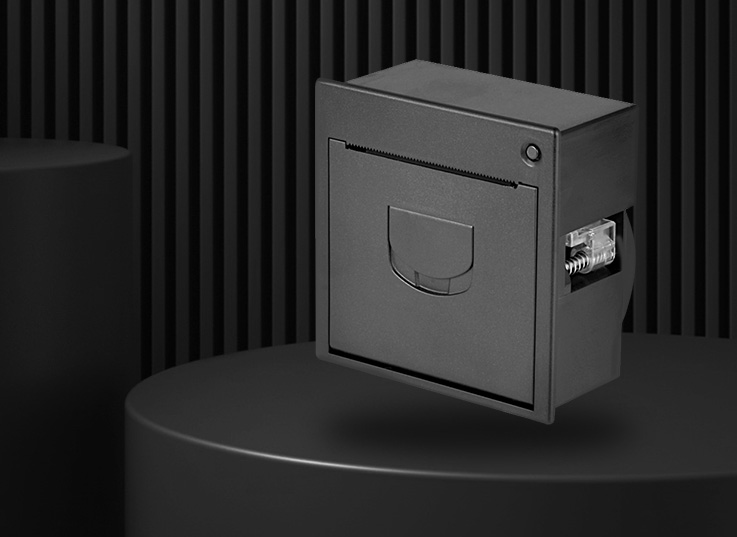
 2022-11-26
2022-11-26 2025-11-12
2025-11-12Printer scanned document sharpening processing is a post-scanning or in-scanning technique used to enhance the clarity, edge definition, and readability of scanned documents—such as invoices, contracts, photos, or old papers—that often appear blurry, faded, or low-contrast due to factors like low sc
 2025-11-11
2025-11-11Printer printhead needle breakage is a common issue in dot-matrix printers—widely used for bill printing, industrial labeling, and legacy system documentation—where thin metal needles (typically 0.2–0.3mm in diameter) that strike the ribbon to form dots break or bend, causing missing characters, dis
 2025-11-08
2025-11-08Printer scan parameters directly determine the quality, file size, and usability of scanned documents (e.g., contracts, photos, receipts), making it critical to adjust settings based on the document type and intended use (editing, archiving, sharing). Key parameters include resolution, color mode, f
 2025-11-07
2025-11-07Vertical lines (either blank or colored) on printed pages are a common issue across inkjet and laser printers, caused by hardware defects or material buildup that disrupts consistent ink/toner transfer. Resolving this requires targeted troubleshooting based on printer type, as the root causes di
 2025-11-06
2025-11-06Printer print position offset—where text, images, or barcodes shift horizontally/vertically from the intended location—undermines document accuracy, especially for labels, forms, or photos. Resolving this issue requires systematic troubleshooting of hardware alignment, software settings, and media h
 2025-11-05
2025-11-05Removing the background color (e.g., yellowed paper, light blue or gray backgrounds) when scanning documents with a printer is a valuable technique for improving document readability, reducing file size, and enhancing compatibility with OCR (Optical Character Recognition) tools—essential for digitiz